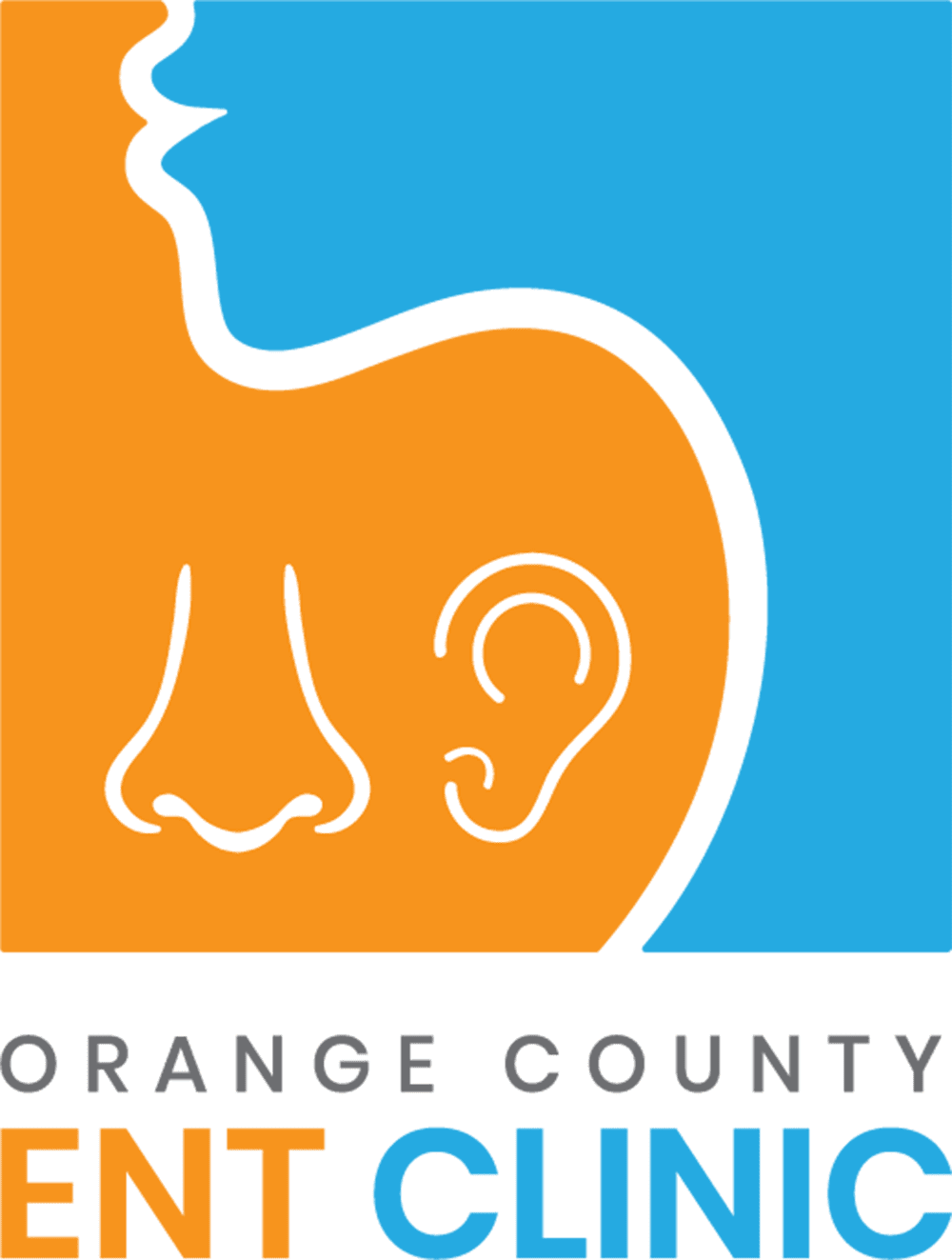
Aging voice isn’t generally considered an urgent medical concern. However, it never hurts to be proactive about any changes with how you use your voice and how it sounds.
Your voice naturally changes over time. Specifically, it’s the larynx, vibratory tissues, and vocal folds that tend to become thinner, less flexible, and stiffer with age.
Because there are many factors that may affect the way the human voice ages, such as genetics and overall health, there is no set time for when a voice begins to sound “old.” Some individuals retain a normal-sounding voice well into their eighties, while others begin to notice changes in vocal tone or clarity earlier in life.
Why the Voice Ages
It’s not fully understood why voices gradually begin to sound “older” over time. Early in life, voice-related changes are due primarily to hormonal issues that occur during puberty. But later in life, it’s believed that a natural loss of muscle mass affects sensitive membranes, the larynx, and vocal cord tissues. Vocal folds can also lose some elasticity over time. This results in changes in how vibrations take place within the throat. Atrophy of the vocal fold muscle may also be a reason why vocal changes occur with age.

Signs of an Aging Voice
An aging voice is typically thought of as one that sounds noticeably shaky. Men may develop an aging voice that sounds “pitchy,” or one that has higher inflections. Women sometimes develop a richer-sounding voice with deeper tonal qualities with age. Characteristics associated with an aging voice may also include:
- Vocal tiredness or fatigue
- A loss of projection and resonance
- Difficulty making your voice loud enough to be heard over background noise
Treating Age-Related Voice Changes
Treatment for what’s perceived as an aging voice often involves ruling out other possible vocal problems, especially if you are also experiencing hoarseness or throat irritation or pain. This process usually involves a visual inspection of your voice box and throat, often performed with a special lighted scope with an attached lens called a laryngoscope.
At one time, it was common for physicians to recommend the injection of a bulking substances, like collagen, into the vocal folds as a solution of addressing issues related to an aging voice. However, it’s now understood that vocal changes aren’t solely related to thinning vocal folds.
For this reason, it’s more common to recommend voice therapy instead — although injections may still be suggested if other attempts at vocal improvement aren’t effective. During a typical vocal therapy session, you’ll work with a voice specialist, laryngologist, or speech pathologist. You may not be able to undo all age-related changes with your voice, but you may notice a gradual improvement with vocal tone and projection with certain techniques and exercises.
There is nothing you can do to prevent age-related vocal changes. What you can do, however, is make an effort to practice good vocal hygiene by avoiding excessive vocal strain, maintaining good overall health, not smoking or using tobacco products, avoiding excessive alcohol consumption, and seeking medical attention if you have recurring or serious throat irritation or pain.
